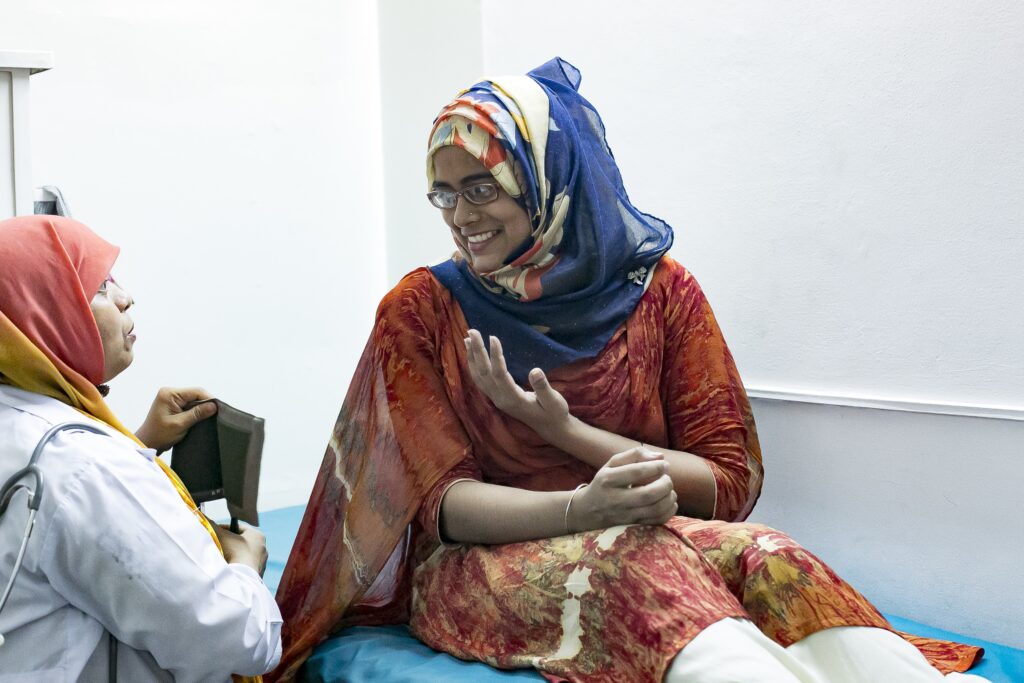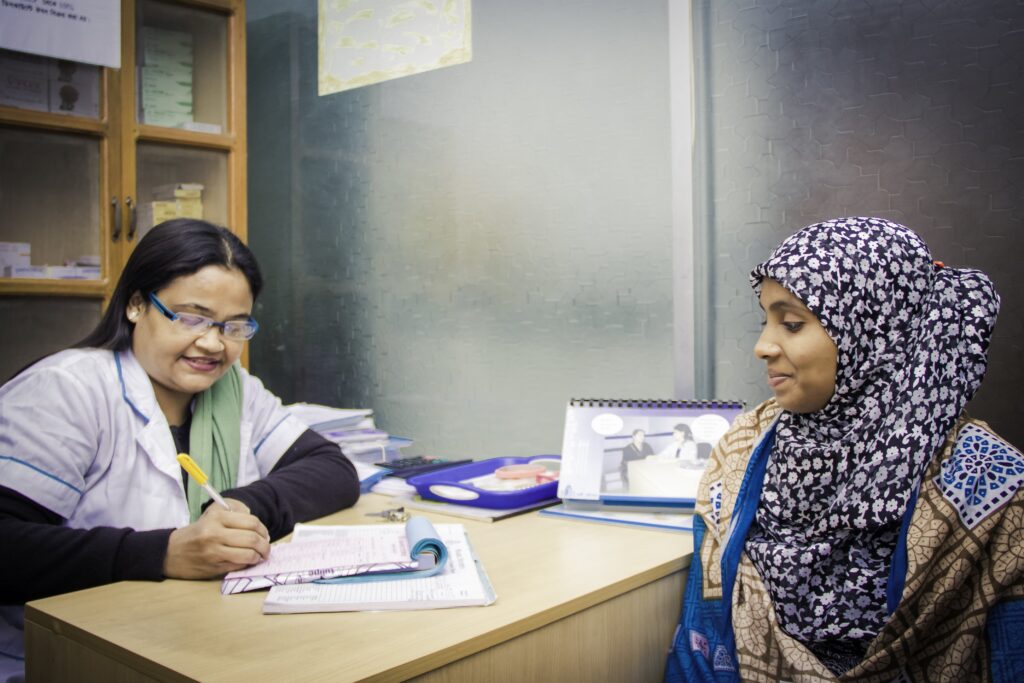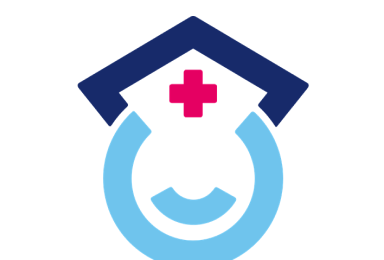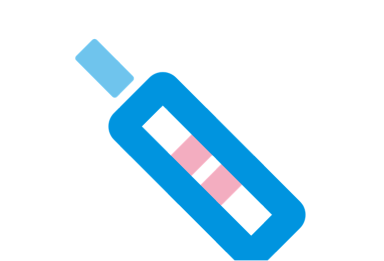Medical menstrual regulation
A procedure that uses medication to ensure you are not pregnant after missing a period.

A safe way to ensure you’re not pregnant after missing a period.
It’s the preferred option for many women, as it involves taking tablets and avoids surgery.
We offer medical menstrual regulation, which is also known as MRM. You can use this method up to nine weeks after your last period. Not all women are suitable for a medical menstrual regulation, although if that’s the case, you may still be able to opt for surgical menstrual regulation with us.
What is medical menstrual regulation?
Medical menstrual regulation (MRM) involves taking two lots of medication that ensures you are not pregnant after missing a period.
The first pill that’s taken, called Mifepristone, blocks the hormone needed for pregnancy to occur.
24-48 hours later, a second pill is taken called Misoprostol, which causes the body to expel the contents of the womb.
This two-stage dose of medication is a low risk, non-surgical way to ensure you are not pregnant. Many women opt for this kind of procedure because it’s safe, non-invasive and very reliable.


When you arrive at one of our centres
You’ll have a consultation with one of our specialist doctors.
They’ll check the date of your last period with you. They’ll also discuss your medical history, talk about contraceptives, and go through the process with you in detail.
Most women experience some bleeding and cramping within one to four hours. Significant cramping usually only happens in the first 24 hours and we can give you some pain relief to help with this.
Our nurses will be there to answer any questions and to help you feel relaxed and comfortable before, during and after your treatment.
If you would like to learn more about your options, book an appointment.
Find a clinic that offers safe MR treatments and related services.
Frequently asked questions about menstrual regulation
We’ll ask you to bring the following things with you to your appointment:
– Any medication you’re taking (including inhalers)
– Any information you have from your doctor about any medical conditions
– Your referral letter from your doctor or family planning clinic, if you have one
– Any notes from a previous consultation
– An extra pair of comfortable underwear
– Sanitary pads suitable for a heavy flow
– Your glasses and contact lens kit if you wear contact lenses. You may need to remove your contacts before your treatment
– Your payment method if you’re paying for the treatment
We recommend you bring a friend or member of your family with you when you have the treatment. They can stay with you in the waiting area, but not during your consultation or treatment. Our nurses and healthcare assistants will be there to support you.
If you’re under 16, you’ll need an adult (someone 18 or over) to accompany you home after your treatment.
Most women recover quickly from menstrual regulation treatment.
Chances are, you will too. But there are a few things you can do to make the experience easier. Avoid having sex for two weeks to minimise the risk of infection. Start using contraception straight away to protect yourself from another pregnancy. And keep an eye on your bleeding. Most women bleed for one or two weeks afterwards and it’ll feel a bit like having a period.
Above all, if you have any worries at all – whether that’s to do with your physical or emotional wellbeing – get in touch with us or your GP. We offer confidential counselling if you want to talk about how you’re feeling, and our aftercare line is open 24 hours a day.








